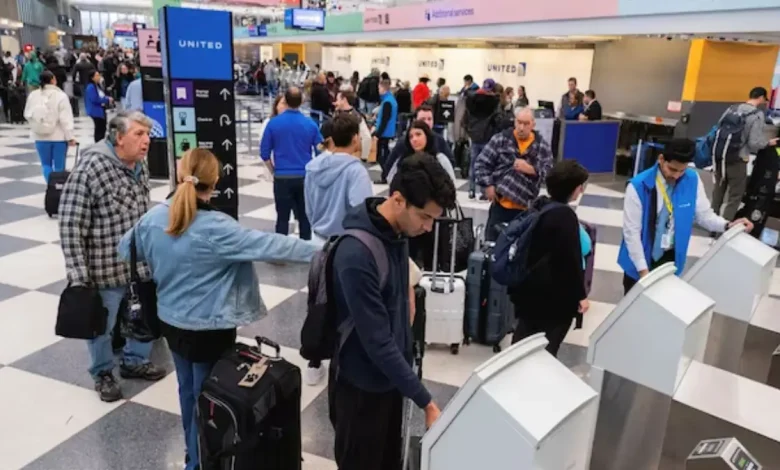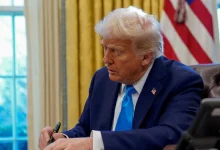Visa Fee Backlash: Tech Titan Warns Trump’s H-1B Crackdown Could Export U.S. Innovation

Silicon Valley heavyweight Michael Moritz, the billionaire investor behind early bets on Google, PayPal, and other digital pioneers, has issued a stark rebuke of President Donald Trump’s new $100,000 fee for H-1B visas. In a pointed Financial Times column, Moritz predicts the measure will boomerang, accelerating the offshoring of tech work and exposing deep flaws in the administration’s grasp of America’s innovation engine.
The policy, unveiled in a presidential proclamation on Friday and effective for new applications from September 21, marks a sharp escalation from existing fees of $2,000 to $5,000. It also floats reforms to the visa lottery, favoring higher-wage applicants. Trump officials contend the program has been twisted to undercut U.S. workers, with the White House spotlighting cases like an anonymous software firm that secured approvals for over 5,000 H-1B roles in fiscal year 2025 amid layoffs exceeding 15,000 American staff.
The rollout sparked weekend alarm in tech hubs, prompting giants such as Amazon, Microsoft, and Google to urge H-1B holders to re-enter the U.S. before a Sunday cutoff. Moritz, a former Sequoia Capital partner whose portfolio fueled the internet’s rise, counters that the H-1B system—capping 85,000 skilled foreign hires yearly for up to six years—addresses genuine talent gaps, not wage suppression. Indians snag 71% of approvals, powering tech firms and IT consultancies.
“Large tech companies hire foreign nationals because they possess particular skills,” Moritz writes, adding that these workers tackle “tasks in areas where the U.S. has labor shortages.” He dismisses exploitation claims, noting federal rules bar discrimination against locals and mandate layoff notifications before foreign hires. The policy, he argues, ignores why the U.S. tech sector thrives: a blend of homegrown and global expertise.
Moritz foresees peril in the fees’ fallout. With tools enabling remote collaboration, firms could simply relocate projects to costlier locales like Istanbul, Tallinn, Warsaw, Prague, or Bengaluru—hubs boasting “engineers with undergraduate degrees from the better eastern European, Turkish, and Indian universities [who] are every bit as well qualified as their American counterparts.” Such a shift, he cautions, would funnel economic boosts to rival nations, starving the U.S. of budding entrepreneurs. Many top H-1B recipients evolve into founders, yet this “caper” risks stranding them abroad, eroding the very dynamism Trump vows to shield.
The critique underscores a broader rift: as the administration eyes “America First” protections, Silicon Valley fears a self-inflicted wound on its global edge. With polls gauging impacts on innovation—like whether fee hikes will hobble U.S. progress—the debate rages on, pitting job safeguards against the free flow of brains that built Big Tech.




